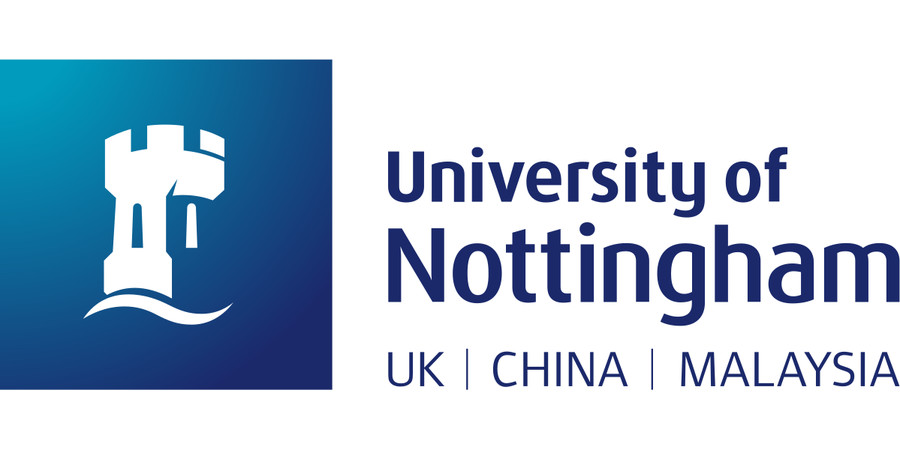PhD Studentship: Sperm elasticity as an index of sub-fertility and as an environmental target
University of Nottingham - Medicine
| Qualification Type: | PhD |
|---|---|
| Location: | Nottingham |
| Funding for: | UK Students |
| Funding amount: | Not Specified |
| Hours: | Full Time |
| Placed On: | 27th March 2025 |
|---|---|
| Closes: | 13th June 2025 |
| Reference: | MED2031 |
A PhD opportunity is being offered between The Optics and Photonics Research Group at the Faculty of Engineering and the School of Veterinary Medicine. This, with the additional support from the Andrology Unit at the Queens Medical Centre and the Instituto de Biotechnologia from the Universidad Nacional Autonoma de Mexico (UNAM).
Aim: To use novel elasticity-characterisation techniques to study sperm cells and assess elasticity as a novel marker of fertility in various settings including cells affected by environmental and health factors.
Background:
Fertility is a global-level multifaceted health problem where infertility and birth control are pressing concerns. WHO figures indicate that 1 in 6 people globally suffer from infertility and that thirty percent of cases are due to the male with a further 30% involving both the male and female. Alarmingly, one-third of male infertility cases cannot be diagnosed by any available test. In conjunction with this, human sperm counts have decreased in the last 50 years and recent studies indicate that the rate of decline has doubled since the year 2000. Attributed to an environmental effect, the decline in semen quality is mirrored in the household dog that shares the same environment as humans and is thus considered a sentinel species. These observations have generated considerable interest in the linkage between the environment and fertility and the mechanisms involved.
An underexplored element of male reproduction concerns the elasticity of the sperm cell membrane. Normal sperm development and maturation involves capacitation to achieve fertility potential, and the acrosome reaction to achieve fertilisation. Although alterations in membrane fluidity and the onset of the acrosome reaction must involve changes in the elasticity of the sperm plasma membrane, limitations in technology have precluded precise measurements of this key parameter
Brief description of project:
Relationships between chemical and mechanical aspects of sperm cell biology remain largely unknown. In this project a successful candidate will learn, elasticity characterisation techniques, processing and evaluation of sperm and the stimulation of fertile function in vitro as tools to investigate their relationship. For the first time, the elasticity of sperm cells will be measured with optical resolution during the critical functional processes of fertilisation. It is anticipated that this will highlight a key biomarker in both human and animals. Along with this, environmental chemicals previously shown to be detectable in dog testis and ejaculates will then be tested in short term culture for their effects on these fertility processes.
Funding support Funding will be available subject to the recruitment for a UK national depending on suitability.
Interested candidates in the areas of Engineering, Physics, Biology or Medicine please contact fernando.perez-cota@nottingham.ac.uk or richard.lea@nottingham.ac.uk by the 13 June 2025.
Advert information
Type / Role:
Subject Area(s):
Location(s):









